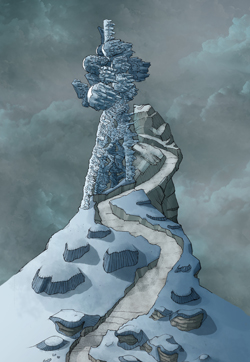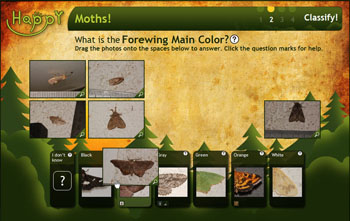Syracuse Views Summer 2025
We want to know how you experience Syracuse University. Take a photo and share it with us. We select photos from a variety of sources. Submit photos of your University experience by sending them directly to Syracuse University News at…

 In the mysterious online world of “Forgotten Island,” you’ll investigate the destruction of a biology lab, encounter domineering robots and solve puzzles to find your way out of the conundrum. You’ll also be helping real-life scientists better understand the creatures of the natural world.
In the mysterious online world of “Forgotten Island,” you’ll investigate the destruction of a biology lab, encounter domineering robots and solve puzzles to find your way out of the conundrum. You’ll also be helping real-life scientists better understand the creatures of the natural world. To feed the web site with images, Dania Souid ’13, a broadcast journalism and French major who coordinates marketing and communications, works with the scientists who have photograph collections, including a University of Georgia naturalist with tens of thousands photos of moths, and such organizations as Encyclopedia of Life that have collected photos from the public.
To feed the web site with images, Dania Souid ’13, a broadcast journalism and French major who coordinates marketing and communications, works with the scientists who have photograph collections, including a University of Georgia naturalist with tens of thousands photos of moths, and such organizations as Encyclopedia of Life that have collected photos from the public.